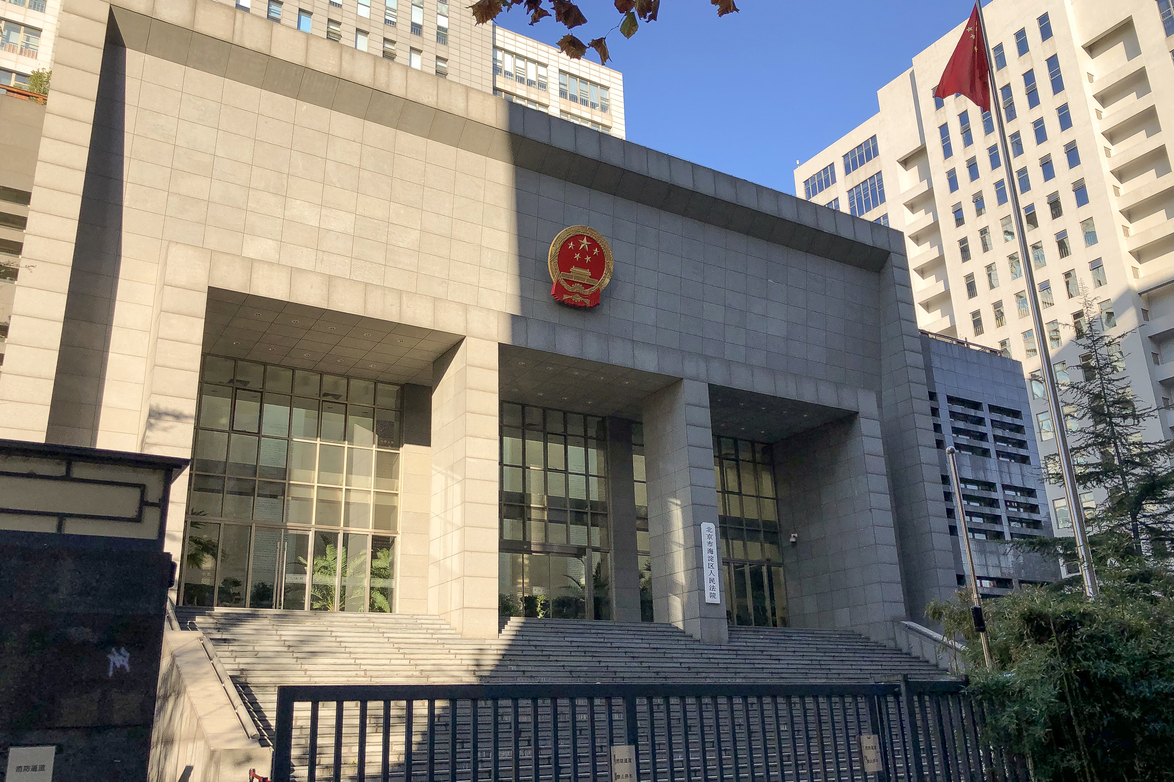Finance Against Law: The Case of China
Finance Against Law: The Case of China
By Shitong Qiao
Can there be a highly developed financial market without legal protection for investors and creditors? The influential law and finance literature is built on the assumption that legal protection is essential to the development of an impersonal financial market. This Article investigates how two financial markets of trillions of dollars have developed extralegally in the past two decades despite the risk of regulatory enforcement and contract defaults. Specifically, I examine (1) how Chinese internet companies from Sina to Alibaba have designed contracts to circumvent the Chinese government’s ban on foreign capital in its internet industry and (2) how Chinese entities and foreign investors contract out of China’s stringent regulations on the issuance of international bonds. These extralegal contracts incur significant legal risks and are unlikely to be enforced in Chinese courts. Nevertheless, numerous international investors have invested in China through such contracts, providing capital essential to the country’s economic growth over the past two decades. My research reveals that (1) the extralegality of both the international capital market supporting China’s internet companies and the market of Chinese-issued international bonds originates from China’s struggle between development, which requires access to the international capital market, and control, which requires keeping both Chinese enterprises and foreign capital on a short leash; and (2) networks of Chinese state actors, market intermediaries, and Chinese corporations concentrated in certain industries replace judicial enforcement in supporting financial development of a remarkable duration and scale.
Based on the above case studies, this Article coins the term “finance against law,” challenging the necessity of law to developing impersonal and sophisticated financial markets. Law and finance scholars are right that impersonal finance needs the backing of the state, but wrong to assume that the state can only back impersonal finance with legal institutions. China’s approach, “governing by extralegality,” sheds light on the role of the state and politics in extralegality, pointing to a new direction that scholars of law and social norms who mainly focus on private ordering should attend to. The Chinese experience also demonstrates an approach of developing markets by circumventing existing legal and regulatory barriers, further complicating the relationship between law and development.
[hr gap=”1″]







